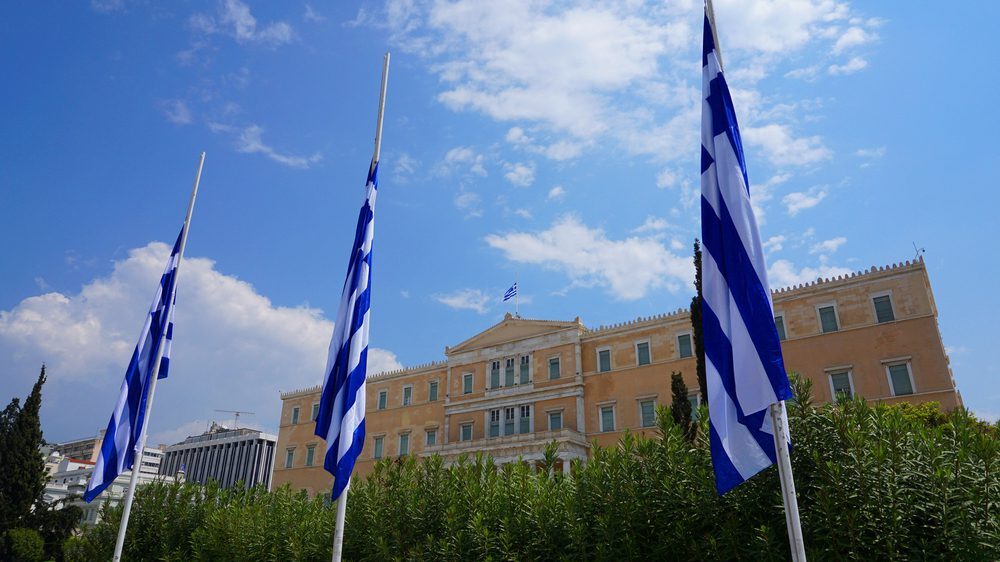The EU Parliament’s rule of law committee’s visit to Athens this week is facing significant backlash from the Greek government. The committee’s mission is investigating accusations of corruption, espionage, and threats to press freedom.
The announcement of the three-day visit by the EU’s Committee on Civil Liberties (LIBE) triggered fierce condemnation by Transport Minister George Gerapetritis, who labelled it a form of “direct interference” into Greek affairs and called it “inappropriate” due to the ongoing national mourning following last week’s train disaster.
Athens was joined in its condemnation by the EPP group which boycotted the mission. EPP is aligned with the ruling Greek New Democracy party.
The parliamentary delegation is led by Dutch Renew MEP Sophie in ‘t Veld, and is joined by four other MEPs. In ‘t Veld has taken a hard line against the Greek government over allegations it wiretapped liberal human rights groups.
The visit comes in the context of the ongoing Pegasus spyware scandal and revelations of Greek government surveillance on opponents, with investigators testifying before the European Parliament last week. The European Parliament last year launched a special committee to investigate the use of spyware technology on opposition figures in Hungary, Poland, and Greece, with the Greek government denying prior knowledge of the surveillance.
The EU has been heavily criticised by both the Polish and Hungarian governments for its weaponization of corruption allegations to undermine nation-state democracy, with Brussels alleged to be using allegations as a moral pretext to try to remove EU funding.
Additional issues to be examined by the delegation are the EU’s Frontex mission to Greece and press freedom. MEPs will begin their visit with a roundtable discussion with LGBT activists and anti-corruption NGOs before conducting meetings with government officials, including the head of the Greek intelligence agency.
The committee is also expected to meet with anti-corruption prosecutor Eleni Touloupaki who came to prominence for her exposure of corruption involving the pharmaceutical giant Novartis and Greek politicians and medical providers. It is understood that government ministers will seek to boycott the meetings.
The Greek government has come under pressure for its perceived mishandling of the Tempi train crash, which killed 57 last week. Athens witnessed violent protests during the weekend as authorities arrested a railway manager. The government is accused of not enforcing safety regulations, with the disaster already postponing planned elections originally scheduled for next month.






